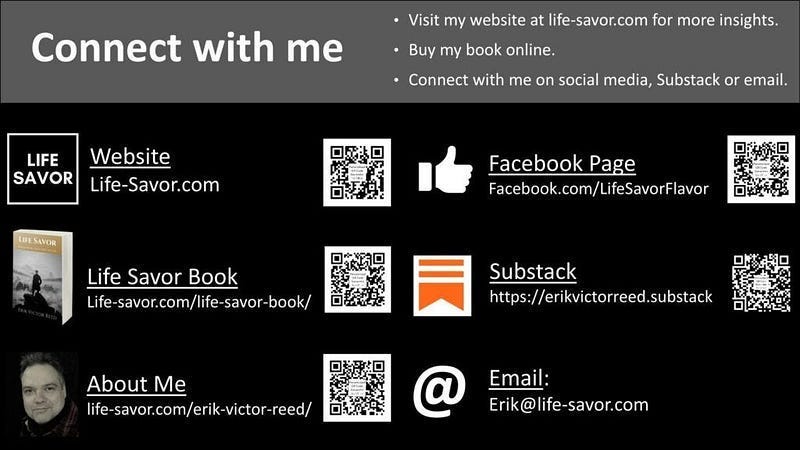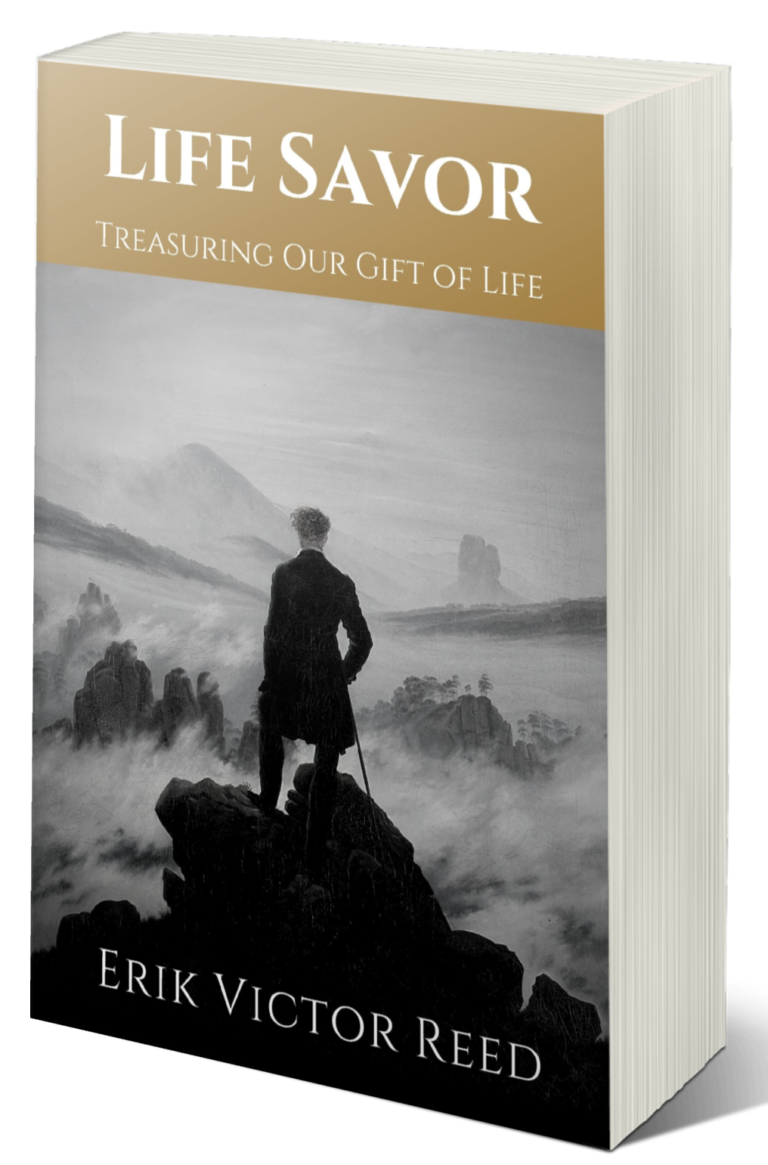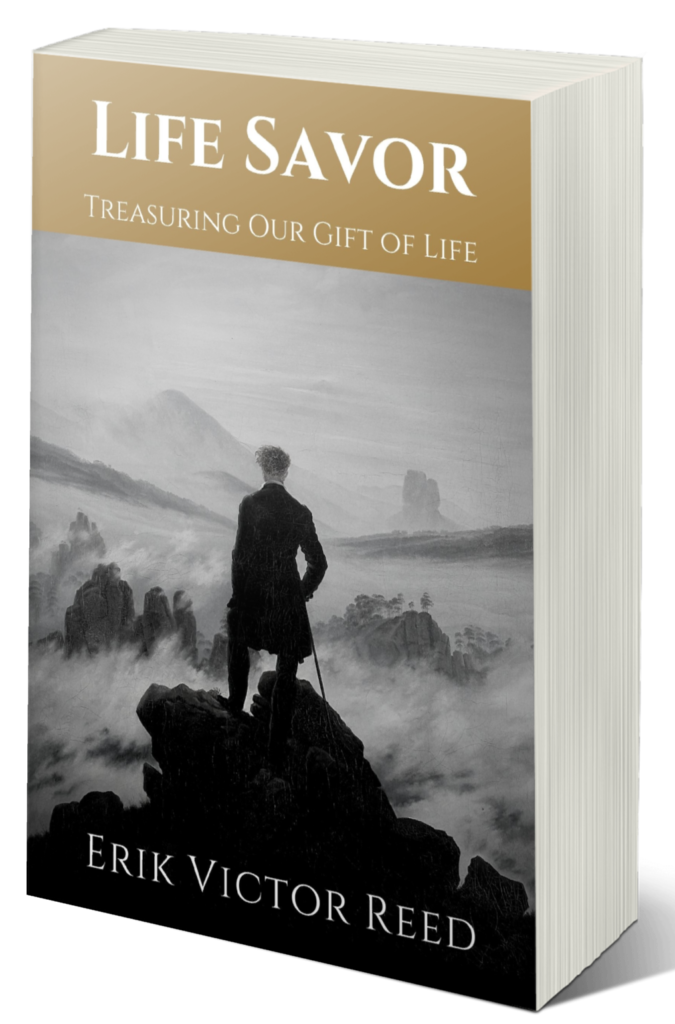Learning to trust your own judgment over borrowed scripts
The Noise Around Us
From the moment we’re born, voices crowd around us, telling us who we should be. Parents, teachers, bosses, influencers, friends. Some offer wisdom. Others project their fears. All of them create noise.
The temptation is to take that noise as truth. To borrow others’ scripts rather than write our own. It feels safer to outsource judgment than to face the risk of being wrong.
But if independence means authorship, then the heart of independence is authority — the authority to steer your own life.
The Problem with Borrowed Scripts
Borrowed scripts are easy. They give us ready-made lines: “Get this job, buy this house, hit these milestones.” They reduce life to a checklist that earns nods of approval.
But the problem with borrowed scripts is that they don’t fit. They were written for someone else’s values, someone else’s fears, someone else’s dreams.
Living by them is like wearing shoes two sizes too small. You can walk, but every step hurts. And, bottom line, it just doesn’t feel right.
The Compass Within
Independence doesn’t mean ignoring advice or never learning from others. It means cultivating a compass inside — a felt sense of direction that helps us discern which voices align with our values and which do not.
This compass isn’t loud. It whispers. Sometimes it takes practice to hear it beneath the clamor of expectations. But once you learn to listen, it steadies you more than any external script.
Choosing Your Major
Picture a college student choosing a major. Everyone insists on something “practical.” Engineering, business, medicine. She feels the pull of literature, philosophy, the arts. Her parents warn of disappointment. Friends shake their heads.
Her heart races as she fills out the form: English Literature. She doesn’t know where it will lead, but she knows it’s hers. Years later, she may teach, or write, or shift paths altogether. But whatever happens, she carries the pride of having listened to her own compass.
Why Inner Authority Matters
- Life is too short for mimicry. Mortality ensures that your life counts; there’s no prize for successfully imitating someone else.
- Clarity reduces fear. When you know your compass, you can endure criticism without collapse.
- It enables generosity. When you live from your own authority, you connect with others authentically rather than manipulatively.
- It builds resilience. External approval is fragile; internal clarity endures.
A Longer Story: The Weight of Approval
Imagine a man who spends decades chasing others’ approval. Every decision is filtered through: Will they like me? Will this impress them? Outwardly, he succeeds — promotions, possessions, polite applause. But inwardly, he feels hollow.
One night, lying awake, he admits to himself: “I don’t even know what I want. I only know what they wanted from me.”
This is the tragedy of ignoring the inner compass. A life lived entirely for others becomes, in the end, a life unlived.
Contrast this with someone who makes fewer external “wins” but lives authentically. Their pride runs deep, even if their resume is thinner. Pride matters more than applause.
Practices for Honoring Inner Authority
- Create quiet. Silence the noise regularly — walks, journaling, solitude — so your compass can be heard.
- Test decisions against your values. Ask: does this align with what matters to me, or am I performing?
- Practice small acts of honesty. Say what you believe, even if it’s unpopular. These micro-acts build muscle.
- Reflect on mortality. Remind yourself that at the end, only your voice will matter.
These practices don’t guarantee ease. But they deepen authority — the difference between living authentically and drifting through borrowed lines.
Mortality’s Reminder
One day, the voices will fade. The crowd will disperse. Approval and disapproval will vanish. And you will be left with yourself.
Mortality makes this clear: the only compass worth following is the one inside. If you don’t listen to it now, you may never hear it.
Closing Thought
Independence is not rebellion for its own sake, nor isolation from others. It is the quiet, courageous act of listening to your inner compass and trusting it over borrowed scripts.
To live this way is not always easy. It costs approval, comfort, certainty. But it gives you back your life — not as an echo, but as a voice.
And in our once-in-eternity chance to exist, that is the only authority that matters.
For more like this, visit the broader project at life-savor.com, or explore the Life Savor book itself.
To learn more about Life Savor’s philosophy,
read Life Savor: Treasuring Our Gift of Life by Erik Victor Reed.








